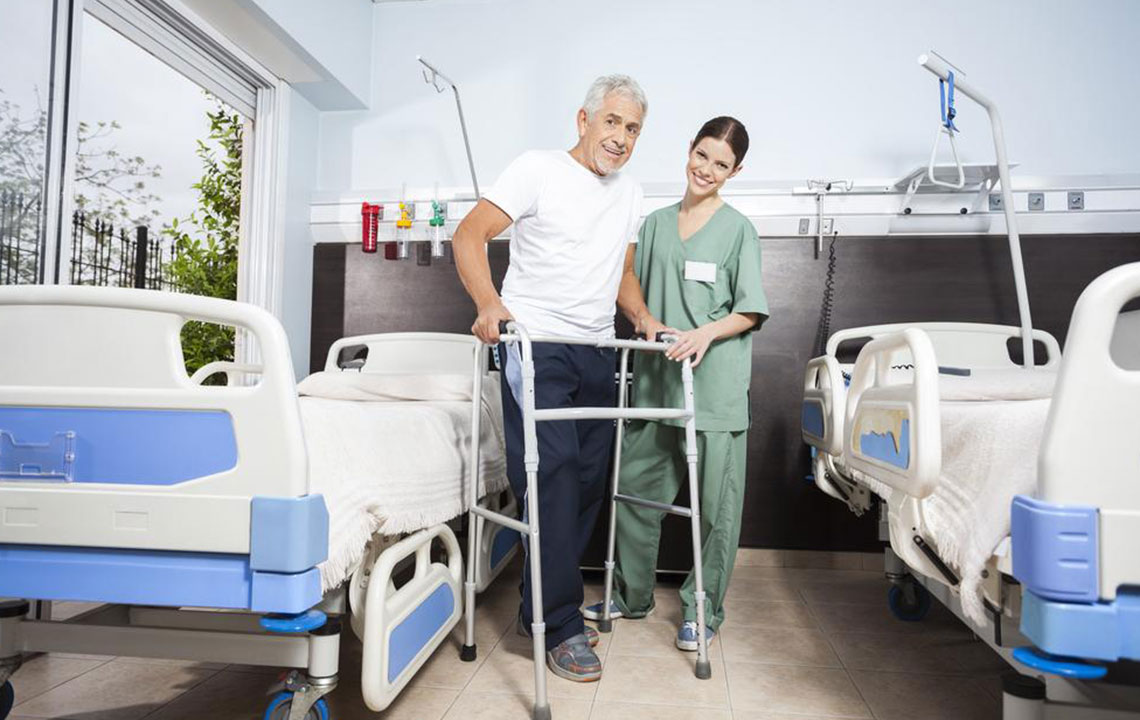
3 signs that tell your parent need assisted living
The safety and health of your aging parents—in case they are living with you or on their own—is a big concern for every child. It’s difficult to read between the lines and to make out the fact that your parent might need a help of an assisted living facility. There are, however, symptoms or signs that you can notice and make a note of, to know if your mother or father needs support. Moving a family member into assisted living facility is never an easy decision.
Ask yourself these honest questions about your parent’s health and your own abilities to care for them. They might not share about their deteriorating condition for the fear of losing their independence or comfort of home. So, where to draw the line? And how to be sure that there is a problem faced by your parent? Here are a few telltale signs that you can look for to recognize when it’s time to seek assistance.
Unable to do daily activities
Are your parents able to do the basic daily activities like dressing up, bathing, cooking, shopping, paying bills, and taking medications? When you see that your mother or father is not able to carry out activities that have to be done on daily basis, you might understand there’s an issue.
Facing safety issues
Do parents have major problems such as worsening mobility, increasing number of falls and accidents, inability to properly manage medications, difficulty in getting up from a seated position? There might be other issues like forgetting to turn off the stove or having difficulty going up and down the stairs.
Having a memory loss
Is any of your parent experiencing memory loss in a situation that has moderate to severe consequences such as forgetting doctor appointments or forgetting to take medications, forgetting to eat or do they wander off without any notice?
It might not be easy to decide to move your parents to an assisted living facility, however, if you ignore the signs and if your parents are alone at home, you might risk their lives. Choose assisted living for your parents and help them live independently in a safe environment.
- Previous Post
- Next Post